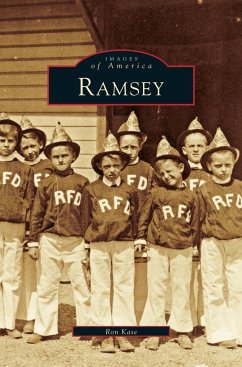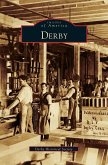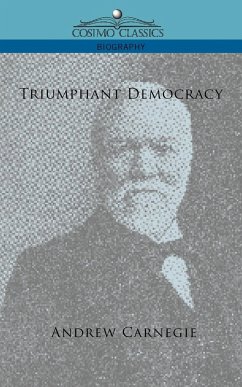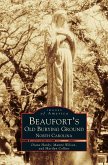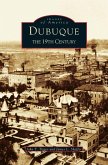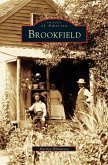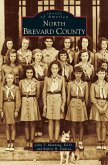In 1848, farmer Peter Ramsey sold part of his land to the Paterson and Ramapo Railroad for a right-of-way and a station. The Ramsey family had been local landholders since the 1740s, and the railroad timetables called the stop Ramsey's Station. A town developed around the station, and Main Street, which bisected the railroad tracks, became a bustling hub of commerce that supported a growing population. Hotels, general and specialty stores, blacksmithshops, and other businesses offered goods and services to the residents of this center of rural life. Ramsey's Station became the shipping point for strawberries grown throughout the area, making it the nation's strawberry capital until the late 1800s. The fields are gone, but photographs and stories of that era are included in Ramsey, many published here for the first time. Discover Ramsey's past and the pride felt by generations who have called Ramsey their home.
Hinweis: Dieser Artikel kann nur an eine deutsche Lieferadresse ausgeliefert werden.
Hinweis: Dieser Artikel kann nur an eine deutsche Lieferadresse ausgeliefert werden.

